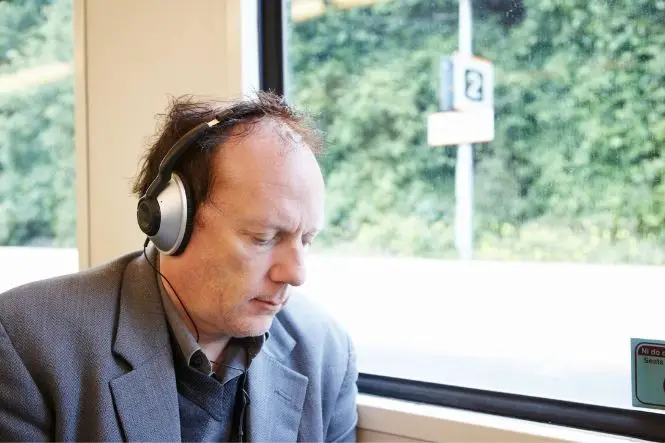Just because a person might be getting a little older in life, this doesn’t mean that new hobbies are restricted to stereotypical ones and many older people have decided to try to learn a new foreign language later in life.
Reasons For Wanting to Learn a New Language Later in Life
There could be numerous reasons why people might choose to learn a new language later in life. Firstly, many people who have retired have decided to do so because they intend to spend their latter years living abroad. They may wish to immerse themselves in local village life far away from the tourist spots in many foreign countries where they’re more likely to need some grasp of the local language in order to do simple things such as shopping or if they need to visit the doctor, for example.
On the other hand, they might simply be attracted to a particular culture of a country and wish to understand it better through learning the language as a hobby later in life. Perhaps one of their grown up children has married somebody from overseas and they wish to be able to communicate with their spouse better or perhaps the older person themselves has forged a relationship with a non-English speaker.
Myth About Learning a Foreign Language Later in Life
Many older people who might really gain pleasure from learning a new language later in life are put off by the myth surrounding the ability to be able to do that as successfully as their younger counterparts. They should think again and feel more confident because research has demonstrated that an older person is just as capable of learning a new language as a younger person and in fact in some ways, they are even more capable.
For example, when a person of any age tries to learn a new language, it is very much a ‘trial and error’ process and of making mistakes and learning where you’ve gone wrong. And, when you’re younger, it comes more naturally to make loads of mistakes when learning about all manner of subjects and you’re far less likely to be too self-conscious about making errors as that’s part of learning.
On the other hand, if you’re an older person who has been used to being extremely competent within a particular profession, you’re more likely to feel embarrassed about making mistakes when learning a new language and therefore more likely to put the blame down to getting older when making mistakes is perfectly natural in all forms of learning.
On the other hand, where the older person has the upper hand in learning a foreign language is in their understanding about the use of language in general and about following rules that apply when using certain phrases or in reference to gender etc. They’ll also be naturally better at understanding the subtleties that often go hand in hand when using language.
Teaching Yourself
Another way in which you can successfully learn a new language when you’re older is to do so in the context of why you want to learn it as opposed to in a classroom setting where you tend to learn more by rote. This is where self-teaching CDs, DVDs, tapes and phrase books might prove more beneficial. For example, if you’re going to be living abroad in a small fishing village where little English is spoken, you’ll want to know the phrases to use for everyday needs like going to the shops or to offer basic friendly greetings in order to forge new friendships.
Therefore, to be more successful at learning a foreign language later in life, it’s much more achievable if you learn it in such a way which is relevant to the context in which you want to be able to use it. And, of course, nothing’s better than to spend time in the country itself immersing yourself in the culture and language and getting to speak to the locals even if you have to communicate on a very basic level using a combination of simple, clear and plain common English words combined with attempts at using the odd phrase you have picked up in the foreign language at first using facial expressions and hand and arm gestures to try to communicate because the more you interact with people, the quicker you’ll learn the language.

